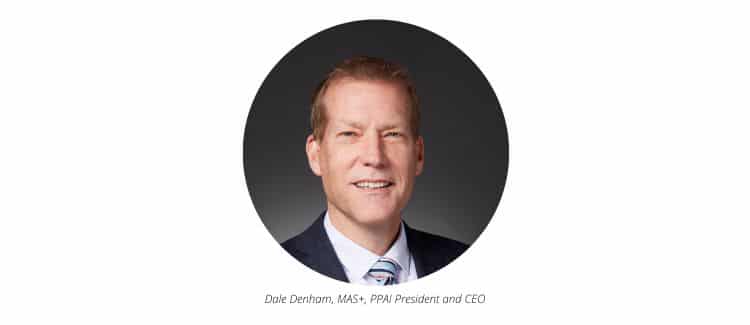This will come as a surprise to some readers, but I do make mistakes occasionally.
And that’s OK. It’s better than OK, in fact. It’s a good thing.
I encourage myself and my team to allow for errors, or at least allow things to not be perfect. Perfection cannot be the enemy of progress.
There’s a quote from the legendary basketball coach John Wooden that resonates with me: “If you’re not making mistakes, then you’re not doing anything. I’m positive that a doer makes mistakes.”
Trying new things often involves a few stumbles in the process. Perhaps you are already saying “as long as you don’t repeat the same mistakes,” and I agree. If I make a mistake that demonstrates I didn’t learn from a previous one, I hold myself accountable, and I do the same with my colleagues.
For example, as we attempted to rebuild the PPAI staff after COVID reductions, we made several great hires that have exceeded expectations. But we also made some hires that did not work out. Each manager took time to learn from those personnel misjudgments and made great hires on the second try.
The best leaders encourage people to take risks and accept that miscues, setbacks and disappointment will come with the territory. Some companies build a culture that is willing to celebrate failure as part of the growth process.
Others attempt to do it but don’t handle the learning opportunities created by failure quite so well.

These well-meaning leaders may simply ignore mistakes or errors completely. They are pleased that an employee is at least trying. But when a key mistake is made, it’s important to discuss what should be learned. At the same time, a good leader will make it clear that they are happy the person took a chance to make something happen.
If a mistake should have been avoided based on what needed to be learned through a previous miscue, a more difficult conversation must occur. While still applauding the effort, leaders need to focus more on the fact the mistake should not have occurred this time. The leader should then ask their colleague to reflect on what they learned from the latest experience.
If the employee cannot state clearly what they learned from the process, they are likely to repeat it yet again. As a leader, you may need to work closely with the colleague to make sure their next effort avoids
costly errors.
In some cases, the leader may need to move in a new direction. That should be handled carefully, however, because fellow employees may take note, and you don’t want to discourage other risk-takers.
Leaders need to hold people to account, beginning with themselves. But great leaders also create safe environments to make mistakes on the way to growth for the individual and the organization as a whole.
I hate it when I make a mistake, and I’m disappointed when PPAI somehow messes up.
But I love it when we learn and grow.


